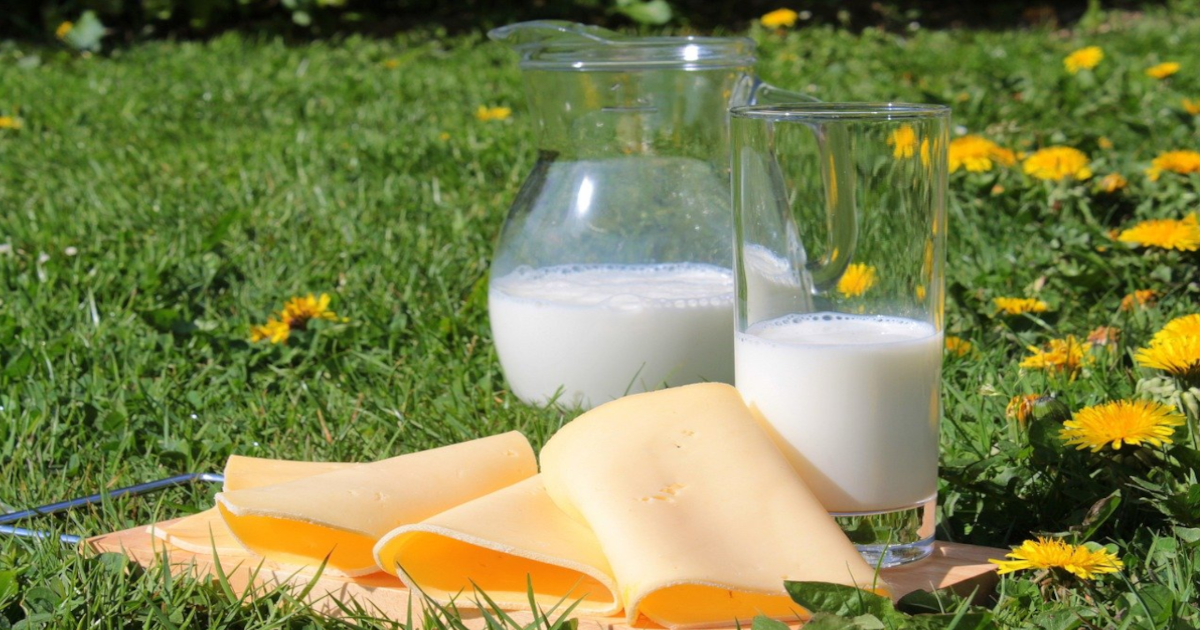
Retailers Whey In: Are Animal-Free Dairy Products Natural?
The syn-bio process forces cells to produce novel proteins that mimic natural ingredients like casein and whey. The possible risks they claim include significant biohazardous waste, the accidental release of new GMOs into the environment, and continued reliance on fossil fuels for GMO growth media and the incineration of waste.
April 1, 2023 | Source: Compass Natural | by Steven Hoffman
Which term do you like better – animal-free dairy, next-gen dairy, cultivated dairy, bio-identical dairy, or parallel dairy? If you preferred “animal-free dairy,” you’re not alone.
Knowing consumer acceptance is key to the success of precision fermentation – a rapidly growing biotechnology that genetically engineers microorganisms such as bacteria and yeast to produce complex molecules, including proteins that mimic those found in meat and dairy products – earlier this year German biotechnology company Formo, along with Fordham University and Mercy for Animals, surveyed consumers in the U.K., Germany, Singapore and the U.S. to ask that very question.
What they found out? While the clear favorite among survey respondents was animal-free dairy (the least favorite was bio-identical dairy and the strange term, parallel dairy), “Many wanted to know whether the product was natural or artificial, leading from here into questions of how safe the products would be and what bodily effects it might have, with some looking for data that could answer these questions for them,” the survey’s authors reported, according to Food Navigator.
